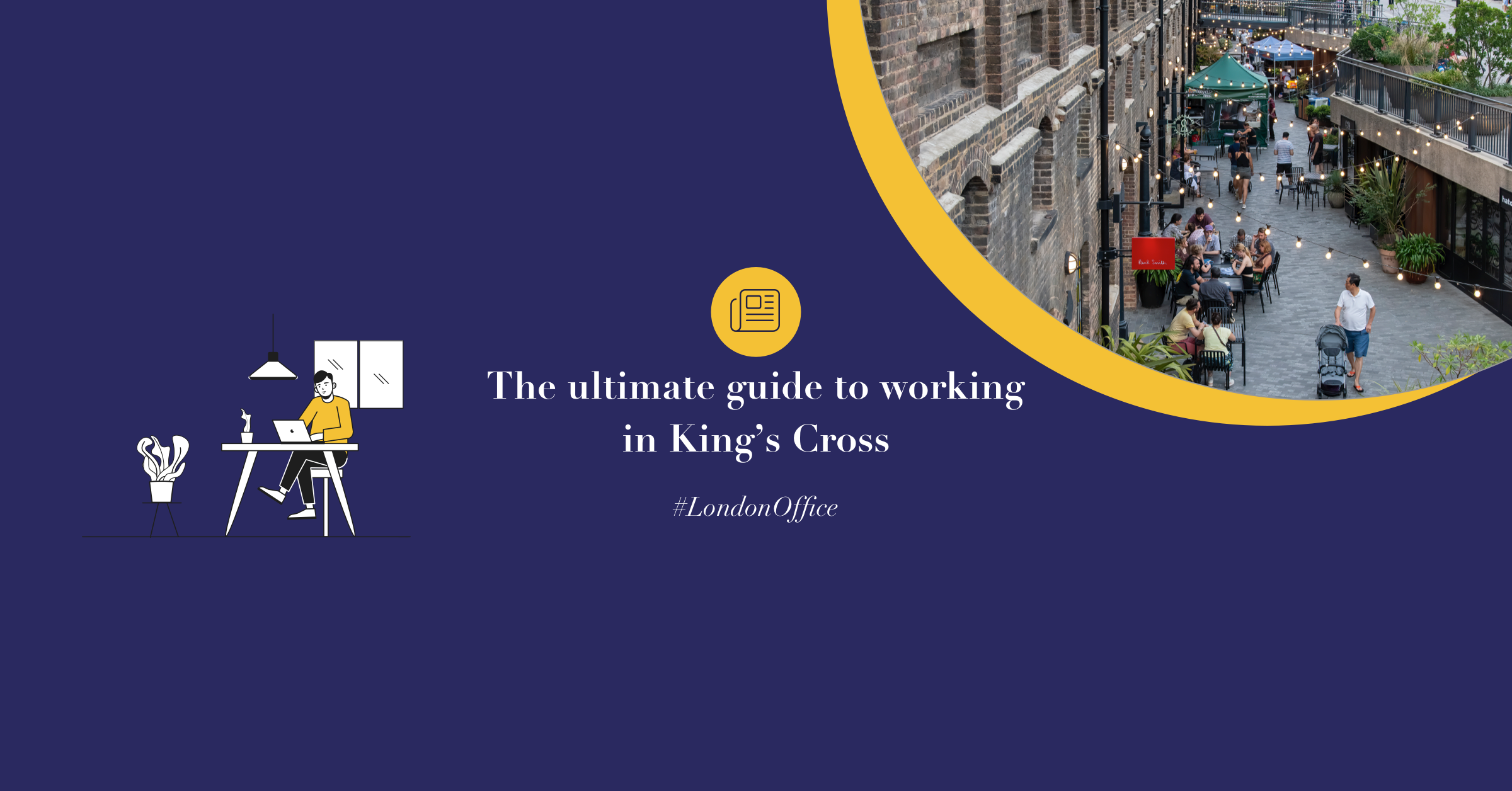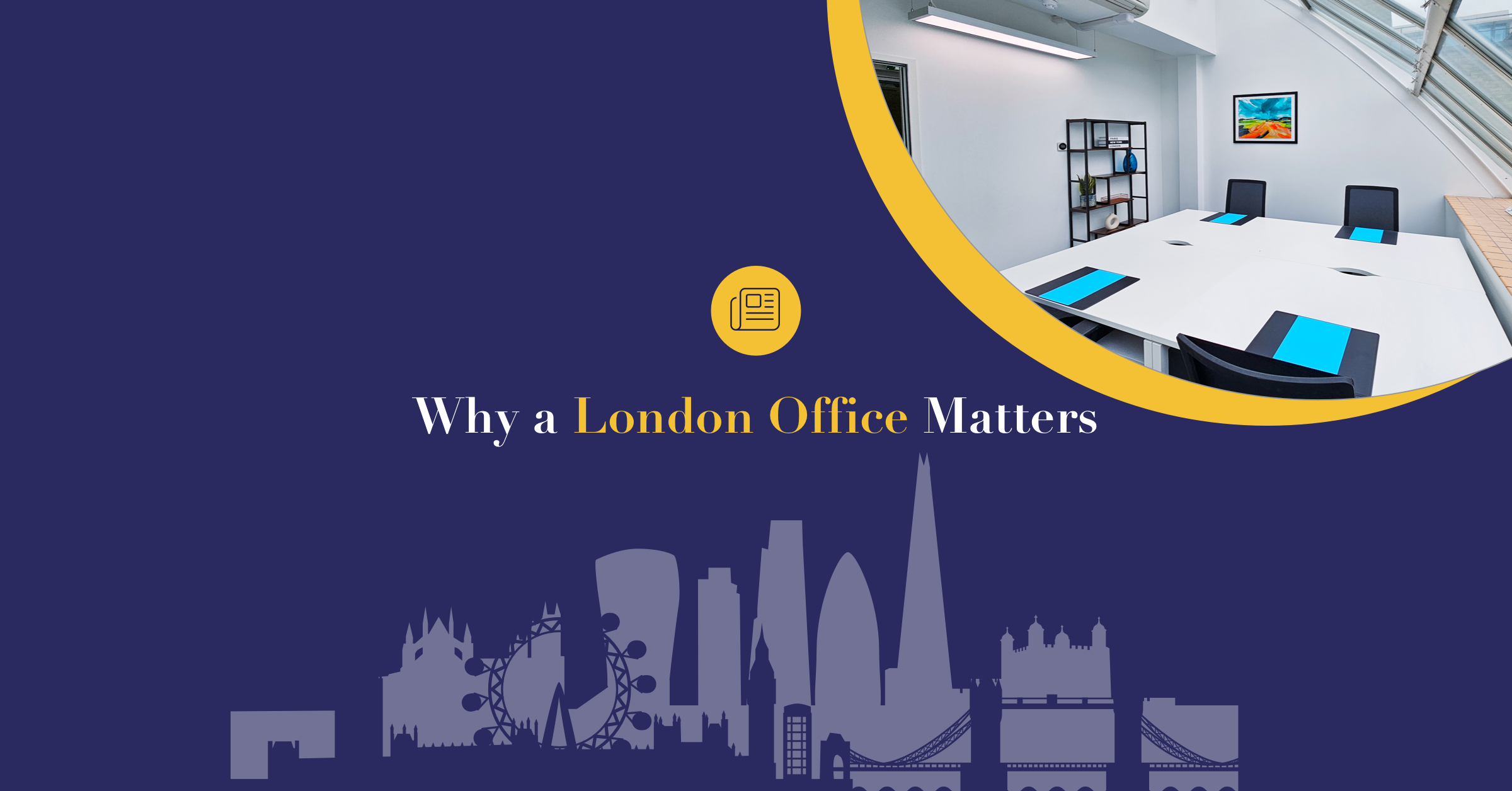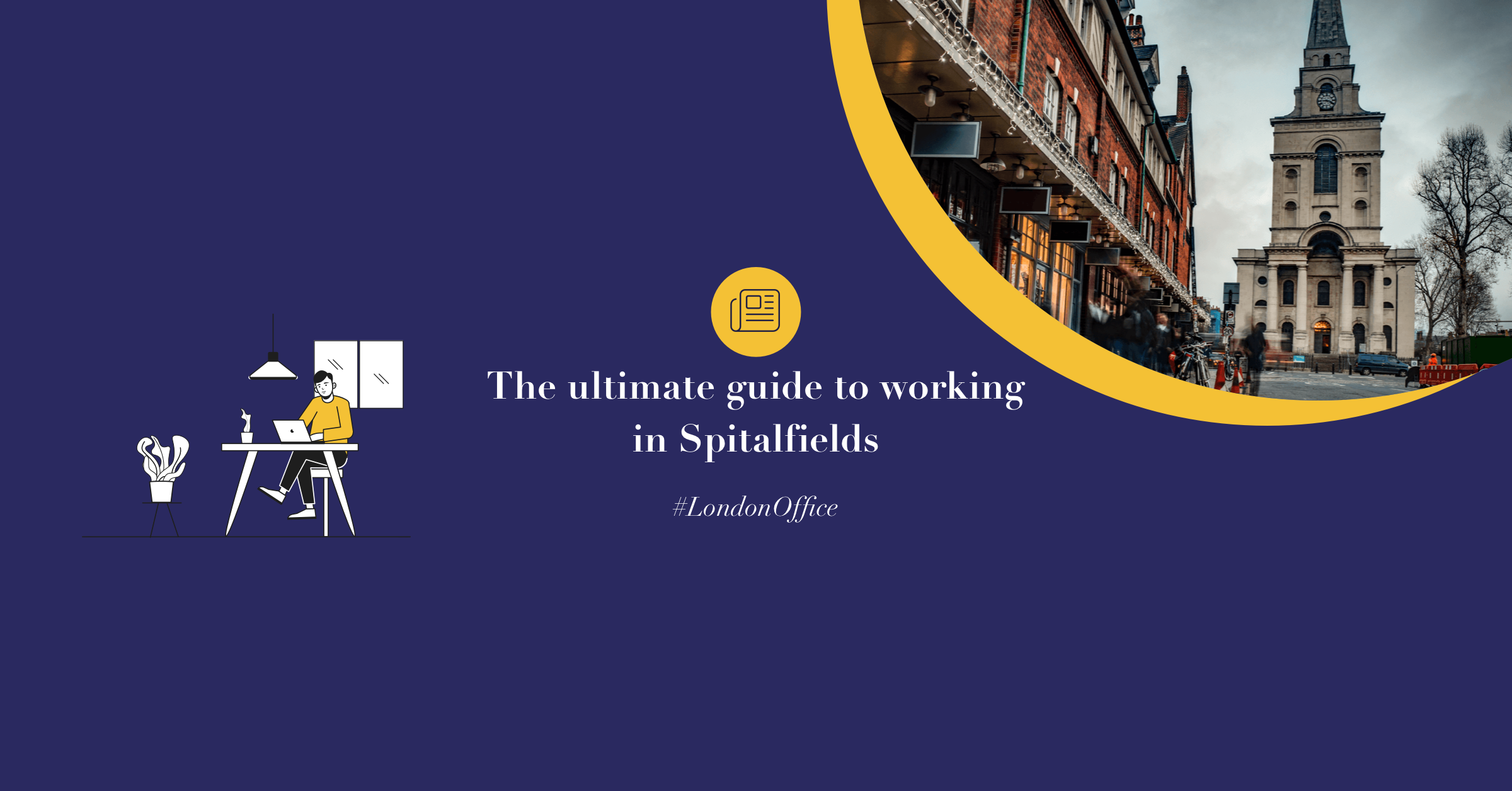
It’s Mental Health Awareness Week – so how are you
Guest Blog, by Claire van den Bosch
A society of overdoers
We say it all the time – “how are you doing?”. We mean “How are you?”, and it’s fascinated me for a long time that it’s so common to ask how someone is DOING rather than how they ARE.
But I don’t think it’s just semantics.
We live in an industrialised culture that prizes productivity and even glorifies stress and “having too much to do” as an indicator of worthiness. We’re embedded in an economy that for many requires excessive labouring just to afford the basics. And we’ve developed the technological capacity to work across time zones, “taking care of business” around the clock.
We are a society of Do-ers. And Overdoers.
So many of my clients – and colleagues – are more familiar than they’d like to be with the impact of overdoing on their mental health.
What is the Internal Family Systems model and how can it help with this?
I love the Internal Family Systems (IFS) therapeutic model with it’s simple and immediately helpful perspective on all of this. IFS starts from the premise that no-one has just one consistent version of themselves or one way of being in the world. Instead, we have an internal family: we are more like kaleidoscopes of many different parts with quite different attitudes and priorities. This is how come we can, on the one hand, really want to stay home alone, and on the other hand, also want to go and meet the friends we know are going out tonight. We all have competing forces and needs inside us.
The internal polarisation
And at the most simplified level, we have two main forces in a continuous play of trying to balance one another out. The Do-ers, and the Be-ers (my language). And Newton’s third law (“for every action there is an equal and opposite reaction”) characterises the interplay between these forces. If the Do-ers (called “Managers” in IFS) are on steroids, then the Be-ers are forced to find more extreme ways of getting us to let down our hair, change the pace, enjoy novelty, and get out of our heads and into our bodies.
Passive staring at the screen for a whole season of something on Netflix.
A family sized bag of crisps, or chocolates.
More booze than our liver and kidneys can metabolise.
As an addiction specialist, I love it when my clients discover that the “addict” part of them isn’t the “bad guy” that they thought. Often this part – called a “Firefighter” in IFS – is trying to counterbalance an extremely Manager-led system and distract us from or soothe feelings of stress and distress that we don’t want to feel – overwhelm, fear, loneliness, shame, frustration, exhaustion, powerlessness.
“What lies beneath…”
Just because you’re not an alcoholic, coke addict or gambler doesn’t mean that you don’t have the same polarisation going on inside you. In fact, if you live in this culture, in this economy, then you almost certainly have some version of this going on inside:
Managers who are over-exerting to “stay on top of everything” and be responsible, and Firefighters who know how to quickly de-stress us in the short window of time available, reward us for our efforts, bring us a little sweetness or play, get us out of our worrying heads.
And numb out feelings like overwhelm, anxiety, frustration and powerlessness. These experiences are referred to as “Exiled” experience in IFS – the feelings we want or need to ‘exile’ out of awareness.
The IFS Triangle
 The IFS model uses the image of an inverse triangle to represent our internal system with the Managers and the Firefighters at the top in their tug of war, and the Exiles underneath.
The IFS model uses the image of an inverse triangle to represent our internal system with the Managers and the Firefighters at the top in their tug of war, and the Exiles underneath.
And if you have a sense that you’re struggling with this battle between Do-ing and Be-ing, between striving and replenishing, and relying on ways of de-stressing that often cause more distress, then getting to understand and then learn how to work with your own “inner triangle” is a powerful way to start feeling better. This week’s posts from me and LentaSpace – and the tips I’ll be sharing – will be based around working with this triangle.
An aside about justice
But first this.
I have a profound objection to work-based ‘improve your mental health’ campaigns that focus on employees tending to their mental health with mindfulness and yoga classes but never naming and addressing the systemic issues in the organisation that are a significant driver of poor employee mental health.
It’s unjust for an organisation to place responsibility for improved coping (solely) in the hands of the employees who aren’t coping because of something the organisation is doing.
Starting to take action
This blog is supported by worksheets (which you can download below) containing tips to help you use the IFS triangle within your own organisation.
If you have a senior position in your organisation, I hope you might have a go at the Day 1 exercise for managers and keep regularly asking yourself what the organisation is doing (or not doing) that places employees under unreasonable pressure, and what you could change to support the psychological well-being of your employees. Including asking them candidly what the biggest drivers of their work-related stress and distress are, and how they’re currently handling this stress and distress. Perhaps starting with encouraging everyone to do the second part of today’s exercise themselves.
Claire van den Bosch, is an Internal Family Systems (IFS) therapist – who runs her practise from LentaSpace Token House – who specialises in working with addiction and relational trauma. A recovering addict herself, Claire is passionate about increasing awareness and understanding of everyday addictions, and how these can be powerfully connected with over-working, over-achieving and excessive responsibility taking. Before becoming a therapist Claire worked in financial services.





